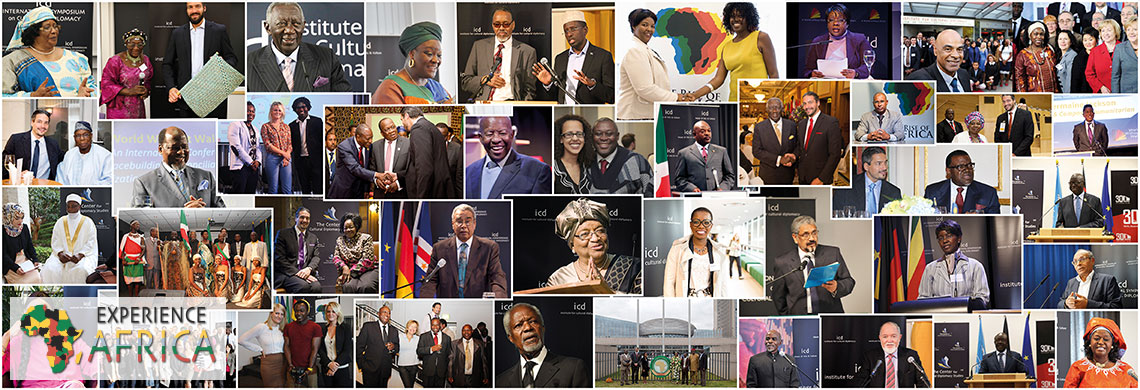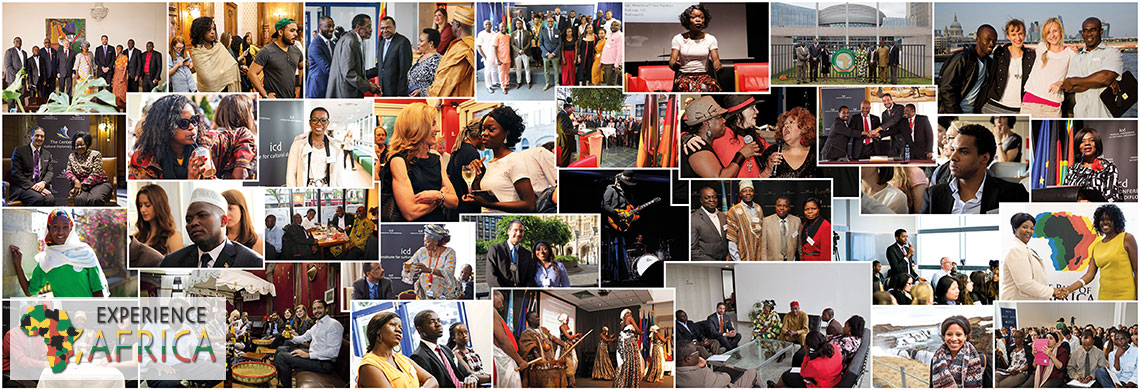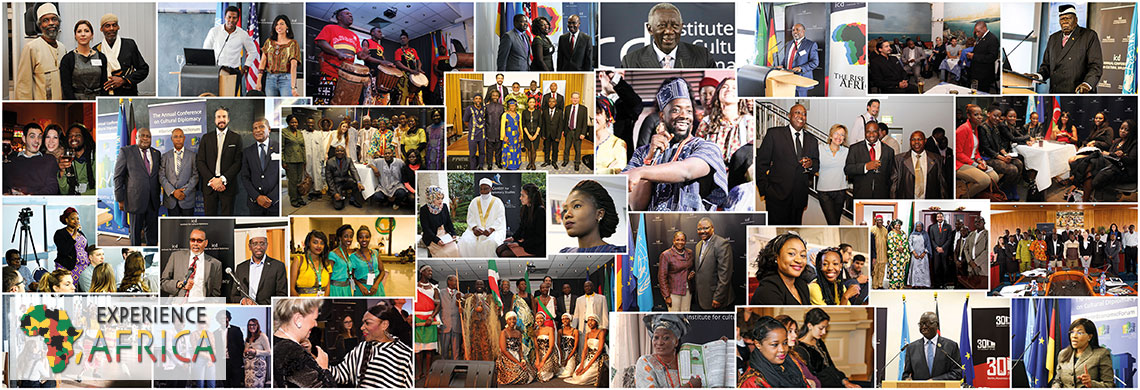An Interactive Discussion with the Hon. Nouzha Skalli, Former Moroccan Minister of Social Development, Family, and Solidarity
Berlin
Ms. Nouzha Skalli is involved in almost all women's organization in Morocco, founding member of the Moroccan organization of human rights and was elected into the House of Representatives for the PPS (Party for progress and socialism) in 2002. Nouzha Skalli has also received many awards and written publications in her field.
During the discussion, she addressed issues surrounding Moroccan politics, focusing on social equality and the structure of the government in Morocco and its relationship with the monarchy. Topics also covered were the advancement of women and empowerment of youth. In terms of women's rights and equality, in the past, religion has played a big part in the equality of women; currently the constitution promotes and insures a greater equality in every area of society. Currently there 67 women in parliament out of 395 members, 6 ministers currently in government are also women.
There remains a sense of stability in Morocco despite the "Arab Spring", unlike in countries such as Tunisia and Egypt. Morocco started a reform process at the beginning of 2000, subsequently they had free and independent elections and introduced a constitutional reform that promoted and integrated greater attachment to human rights and gave more power to the head of government, and it gave greater sovereignty to the nation and its citizens through elected members of Parliament. From 2000, Morocco focused heavily on promoting and enforcing human rights as enforced in the new constitutional reforms which included equality of sex in civil society, economic, political and environmental sectors. The first party was the Islamic party, but it wasn't ruling with a majority government. 20 million citizens in Morocco are of voting age but only 13 million are registered on the electoral list. Despite that, only 6 million voted and then, only 1 million voted for the Islamic party. The Prime Minister of Morocco was part of the Islamic party. Morocco's government is currently in the process of implementing the new constitution. Addressed was the dialog between the King and the people, and the reforms to the constitution democratically voted for - very interesting situation given the current state of Arab countries and countries within the region of Northern Africa. Morocco is a very diverse country, at the border between Europe and Africa, with various languages, a mix of cultures thrives in Morocco.
Also discussed was Morocco's relationship with cultural diplomacy. Morocco has an old tradition of culture and promoting the arts and music, but also a tradition of cultural diplomacy and promotion of its culture through various festivals and exhibitions at embassies around the world. An example given of a specific cultural diplomacy event was of the Fes Festival of World Sacred Music, which involved many different forms of music, artists and traditional Moroccan cultural events.
After the discussion on these issues, Ms. Nouzha Skalli took questions from the students and the ICD Team and in her answers, touched more on the issues of culture in Morocco and how to further promote women's rights, not only in Morocco and Africa, but also over the world and create a fair, just and inclusive world.








